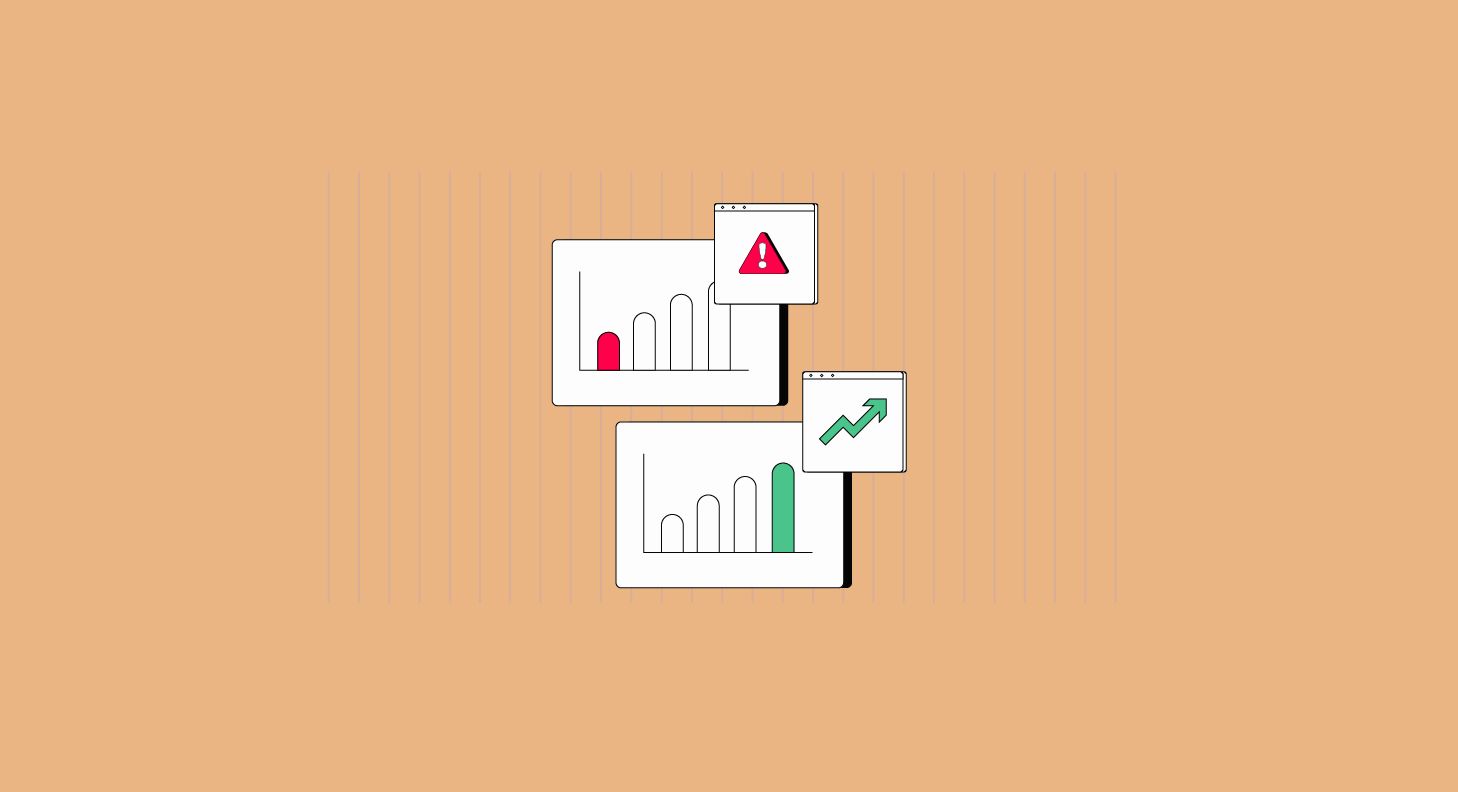The Importance Of Competitive Analysis For Fashion Businesses
Competitive analysis offers insights into market dynamics, customer preferences, and emerging trends, enabling fashion businesses to make informed decisions and gain a competitive edge.

In the fiercely competitive world of fashion, understanding and analyzing your competitors is paramount for the success and sustainability of your business. Competitive analysis offers insights into market dynamics, customer preferences, and emerging trends, enabling fashion businesses to make informed decisions and gain a competitive edge.
In this article, we'll explore the significance of competitive analysis for fashion businesses.
1. Market Positioning and Differentiation
Competitive analysis helps fashion businesses identify their unique selling points (USPs) and understand where they stand in the market compared to competitors. This knowledge allows businesses to refine their brand identity, messaging, and product offerings to effectively differentiate themselves.
2. Understanding Customer Behavior
By examining the strategies and successes of competitors, fashion businesses can gain insights into consumer behavior. This includes identifying customer preferences, shopping habits, and the factors that influence purchase decisions. Armed with this knowledge, businesses can tailor their marketing and product strategies to better cater to their target audience.
3. Pricing Strategies
Competitive analysis sheds light on pricing strategies employed by competitors. This information is crucial for setting competitive yet profitable price points for fashion products. Understanding how competitors price their items can help businesses make pricing decisions that resonate with customers while maintaining healthy profit margins.
4. Product Development and Trends
Studying competitors' product offerings and monitoring their product launches allows fashion businesses to stay on top of industry trends. This insight can guide product development efforts, ensuring that the business is continually innovating and aligning with customer demands.
5. Marketing Insights
Analyzing competitors' marketing strategies can provide valuable insights into effective promotional channels, messaging, and campaigns. It helps businesses identify gaps in the market and refine their marketing efforts to reach and engage their target audience more effectively.
6. Customer Engagement and Loyalty
Competitive analysis helps businesses understand how competitors engage with their customers and build loyalty. By adopting effective customer engagement practices observed in the competition, fashion businesses can nurture lasting relationships and foster brand loyalty.
7. Risk Mitigation
Awareness of competitors' actions and market positioning enables businesses to anticipate potential threats and risks. This proactive approach allows for risk mitigation strategies to be put in place, ensuring business continuity even in challenging market conditions.
8. Expansion Opportunities
Studying competitors may reveal opportunities for expansion, such as entering untapped markets, targeting new demographics, or introducing complementary product lines. Identifying gaps in competitors' strategies can lead to growth and diversification.
9. Investment and Resource Allocation
Effective competitive analysis assists fashion businesses in allocating resources wisely. It helps determine where to invest in product development, marketing, and infrastructure to maximize returns and maintain a competitive advantage.
10. Long-Term Sustainability
Incorporating competitive analysis as an ongoing practice contributes to the long-term sustainability of a fashion business. It enables adaptability and informed decision-making, ensuring the business remains relevant and competitive in a constantly evolving industry.
Conclusion
Competitive analysis is not merely an option but a necessity for fashion businesses looking to thrive in a highly competitive landscape. By staying attuned to the strategies and movements of competitors, fashion businesses can make informed decisions, enhance their market positioning, and ultimately achieve long-term success in the dynamic world of fashion.
About Lykdat
Lykdat is a software development company in Amsterdam, providing customer-focused AI-powered solutions, to help fashion ecommerce businesses succeed.
We recently released our Retail Intelligence solution to the public, providing fashion manufacturers and brands with valuable market insights from customer reviews and market trends, by leveraging Natural Language Processing and Machine Learning Technologies.
Join the market leaders, and gain a high-level understanding of market trends, by leveraging consumer insights from more than 40 million online shoppers, and over 900k pre-analyzed products from top global fashion brands.
